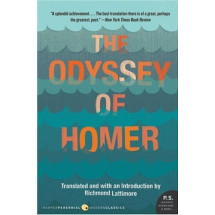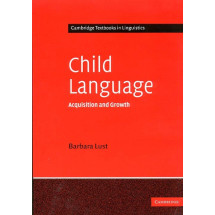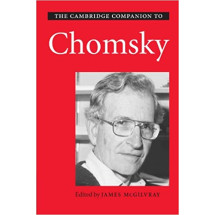A timely complement to John Bruer's Schools for Thought, Classroom Lessons documents eight projects that apply cognitive research to improve classroom practice. The chapter authors are all principal investigators in an influential research initiative on cognitive science and education. Classroom Lessons describes their collaborations with classroom teachers aimed at improving teaching and learning for students in grades K-12. The eight projects cover writing, mathematics, history, social science, and physics. Together they illustrate that principles emerging from cognitive science form the basis of a science of instruction that can be applied across the curriculum.The book is divided into three sections:- applications of cognitive research to teaching specific content areas;- applications for learning across the curriculum; and- applications that challenge traditional concepts of classroom-based learning environments.Chapters consider explicit models of knowledge with corresponding instruction designed to enable learners to build on that knowledge, acquisition of specified knowledge, and what knowledge is useful in contemporary curricula.Contributors : Kate McGilly. Sharon A. Griffin, Robbie Case, and Robert S. Siegler. Earl Hunt and Jim Minstrell. Kathryn T. Spoehr. Howard Gardner, Mara Krechevsky, Robert J. Sternberg, and Lynn Okagaki. Irene W. Gaskins. The Cognition and Technology Group at Vanderbilt. Marlene Scardamalia, Carl Bereiter, and Mary Lamon. Ann L. Brown and Joseph C. Campione. John T. Bruer.A Bradford Book
Kate McGilly is a Research Associate at the St. Louis Science Center. The projects described in Classroom Lessons grew out of the James S. McDonnell Foundation's Cognitive Studies for Educational Practices program. The program has developed prototypes for new curricula, instructional approaches, and assessment techniques that have improved student and teacher performance in a variety of domains while also contributing to the mainstream cognitive science knowledge base.














